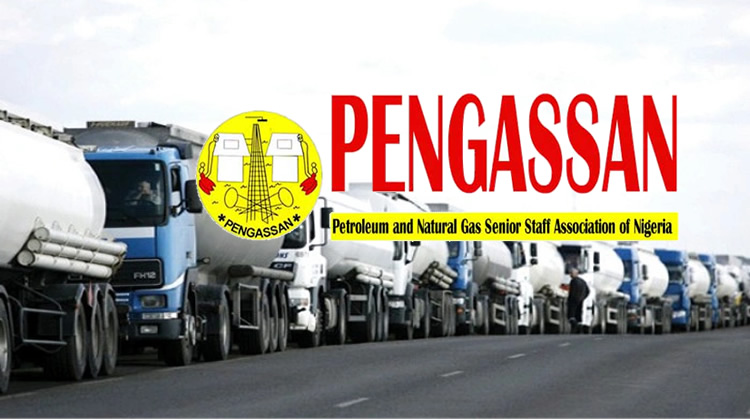The Petroleum and Natural Gas Senior Staff Association of Nigeria has ordered its members at Cameron/Onesubsea Offshore Systems Nigeria Limited to commence an indefinite strike beginning 12:00 am on Tuesday, citing alleged anti-labour practices and the company’s refusal to engage in good-faith negotiations.
In a directive issued by the Assistant General Secretary of PENGASSAN, Port Harcourt Zone, Sere Nwikiabeh, the union accused the company of frustrating all efforts to resolve outstanding grievances relating to the 2025 Collective Bargaining Agreement.
The Collective Bargaining Agreement is a central tool through which unions and management negotiate salaries, benefits, and working conditions. The breakdown of the 2025 CBA talks signals a deep mistrust between the two sides.

“We have exhausted all avenues of negotiation and dialogue, and it has become clear that management is not willing to engage with us in good faith.
“In light of this, we have decided to take a more decisive action to protect and defend our members’ rights,” the statement partly read.
The directive, addressed to the branch chairman and secretary of the Cameron/Onesubsea branch, instructed full compliance with the strike order until management meets the union’s demands.
The letter, also copied to PENGASSAN’s national president, the Nigerian Upstream Petroleum Regulatory Commission, Nigerian Upstream Investment Management Services, the Rivers State Commissioner of Police, and the Department of State Services, stressed that the strike was the last resort after repeated appeals for fair labour practices were ignored.
PENGASSAN assured its members that it remained committed to securing improved working conditions, fair treatment, and respect for workers’ rights across Nigeria’s oil and gas sector.
“We expect total compliance from all our members. Together, we will fight for our rights. Solidarity forever,” the union declared.
The dispute at Cameron/Onesubsea, a subsidiary of Schlumberger, highlights ongoing tensions between multinational oil service companies and Nigerian labour unions over welfare, wages, and collective agreements.
PENGASSAN, one of the most influential unions in the oil and gas sector, has a history of using strikes to press for improved conditions for senior staff, often leading to disruptions in operations.
Industrial actions in the oil and gas sector are closely watched, given Nigeria’s heavy reliance on petroleum revenues.
Strikes, especially at service companies like Cameron/Onesubsea that provide technical expertise to offshore operations, can delay projects, disrupt production timelines, and strain investor confidence.
Unless a resolution is reached quickly, the strike could ripple across the upstream sector, adding pressure on regulators and government officials to intervene.
Stay ahead with the latest updates!
Join The Podium Media on WhatsApp for real-time news alerts, breaking stories, and exclusive content delivered straight to your phone. Don’t miss a headline — subscribe now!
Chat with Us on WhatsApp





